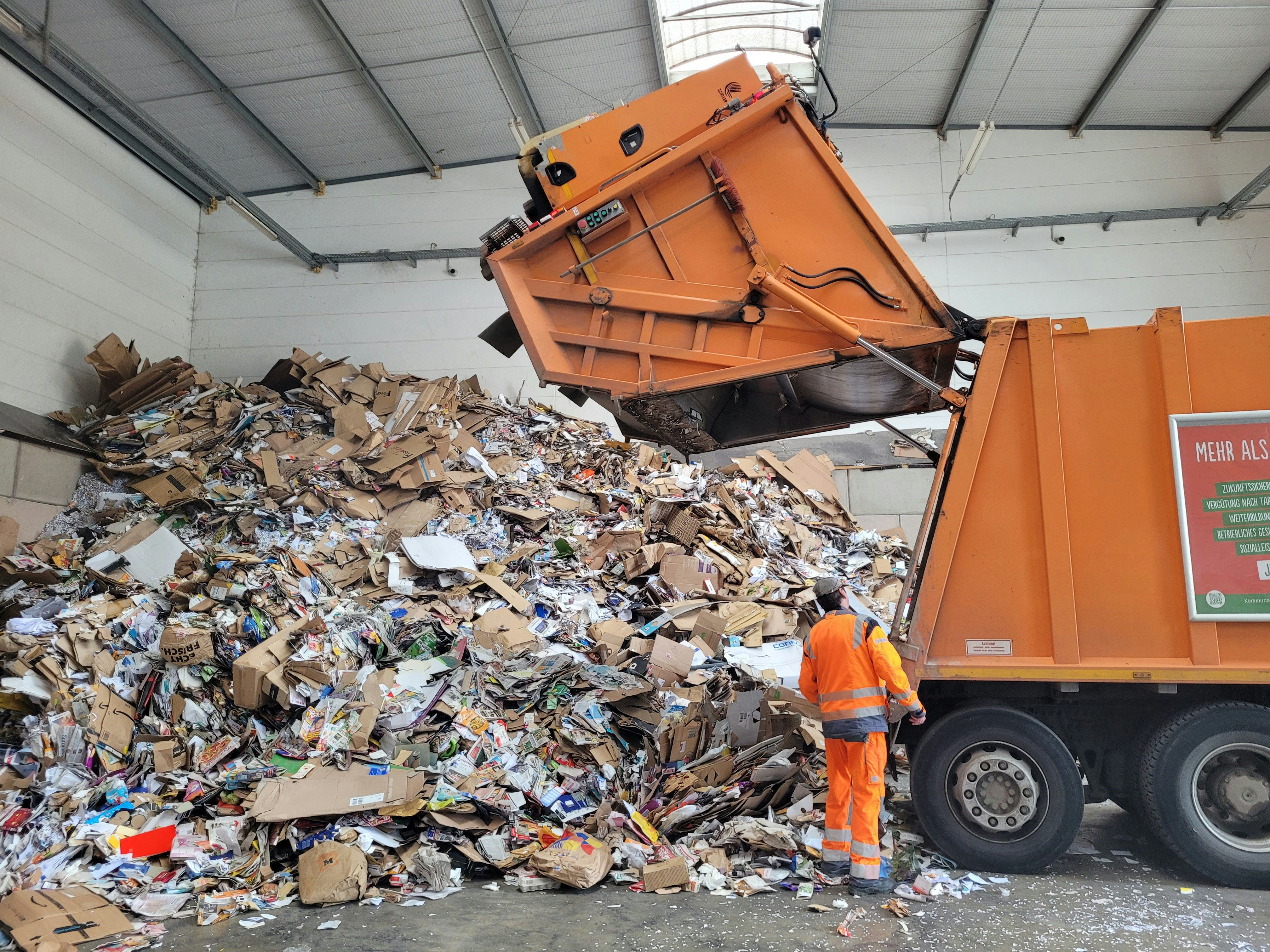Do You Need Hazardous Waste Disposal?
Many UK companies generate thousands of kilograms of waste every year. Some discard old equipment, paper, and leftover food, while others discard a lot more dangerous materials. These by-products are classified as hazardous waste and can significantly harm humans and the environment.
Use this guide to understand hazardous waste, its dangers, and guiding laws. Also, learn how Walsh Brothers Industrial Services can help manage your hazardous waste disposal.

What is Hazardous Waste?
Every day, UK households and companies use chemicals that produce hazardous waste streams. This run-off can include gas, sludge, solid, or liquid waste, each with varying toxicity, reactivity, and infectiousness.
If left untreated, these substances can lead to explosions, poisoning or even environmental damage.
That’s why it’s vital for companies to appoint a registered waste management service provider to dispose of dangerous materials responsibly.
Where Can It Be Disposed Of?
As mentioned, UK businesses must correctly dispose of their hazardous waste to ensure the safety of humans and the environment. These specialised disposal facilities and methods include:
- Hazardous waste landfills. These landfill sites use special containers to prevent the leakage of hazardous waste. This prevents dangerous chemicals from leaking into the ground or freshwater reserves.
- Hospitals, for example, use specialised high-temperature ovens to burn clinical waste, destroying harmful chemicals and infectious pathogens. Plus, these systems have sophisticated air-filtering systems to prevent toxic emissions.
- Many recycling centres accept recoverable waste like electronic components and lead-acid batteries. Recycling this waste prevents it from ending in landfills and helps conserve resources.
- Chemical treatment. Hazardous waste is neutralised using chemicals or other processes. After neutralisation, the waste is harmless to the environment.
The Dangers of Hazardous Waste
When not correctly treated and disposed of, hazardous waste can:
- Contaminate the environment. Chemical and other waste can leach into the environment, contaminating freshwater sources and soil. This can negatively impact humans and has long-lasting effects on plants, animals, and ecosystems.
- Lead to health risks. Exposure to hazardous substances can lead to poisoning. It can also cause toxicity and the spread of diseases.
- Impact the economy and business profitability. Small and large-scale spillages of hazardous waste can lead to costly clean-up operations. Companies that do not properly dispose of their dangerous waste also face significant fines, which can impact their bottom lines.
What the Law Says About Proper Disposal
Strict regulations govern hazardous waste collection and disposal in the UK:
- The Environmental Protection Act of 1990 – sets guidelines for disposing of industrial, commercial, or household hazardous waste.
- The Hazardous Waste Regulations of 2005 – regulates the management, transport, and disposal of hazardous materials in England and Wales.
These laws place several obligations on companies, local municipalities, and the national government. They direct hazardous waste collection, storage, transport, and disposal in the following ways:
- Handling of hazardous waste. Every business or government entity must manage its waste according to set guidelines. These measures are in effect throughout the entire waste lifecycle.
- Registration and licensing. Companies that produce hazardous waste must register with the Environment Agency. They also need a licence to operate and manage a hazardous waste facility.
- Transport regulations. Hazardous waste collection and movement must adhere to strict standards to prevent in-transit accidents and spills. Companies must use specialised vehicles to transport their waste and strict labelling procedures. They must also have specific licences to operate as hazardous material transporters.
Final Thoughts
Understanding hazardous waste and the laws that govern it is imperative. Adhering to the set rules and regulations ensures the protection of both humans and the environment.
Additionally, responsibly discarding hazardous waste helps businesses avoid costly fines and penalties.
Spotted something? Got a story? Email: [email protected]
Latest News
